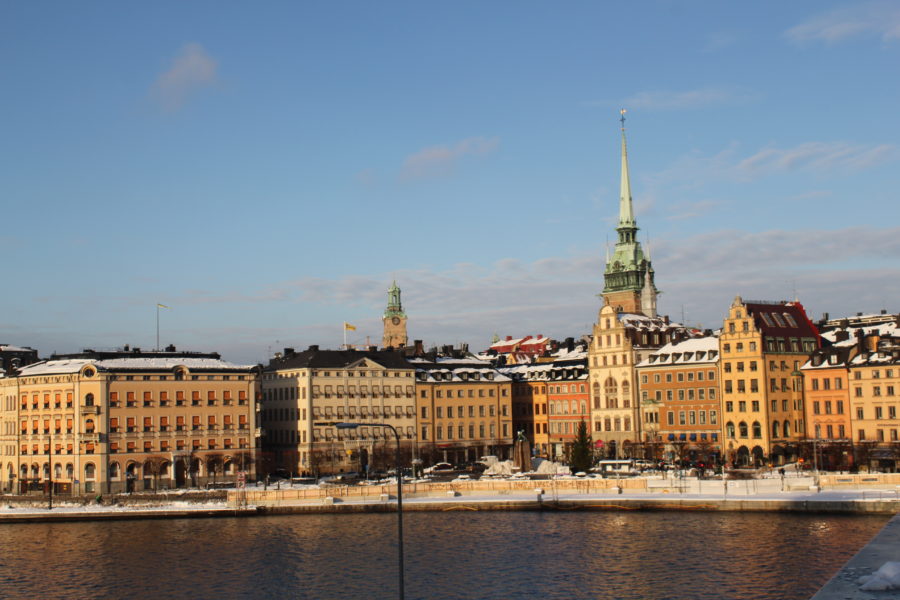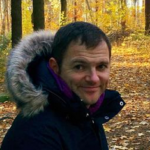9th December 2016 Science and Innovation Network
Standing on the shoulders of giants

Once a year, the global scientific community is honoured and celebrated during the Nobel Prize Award ceremony in the Swedish capital of Stockholm. Sweden has been the birthplace of some of the world’s leading researchers, including the Nobel Prize founder and inventor of dynamite, Alfred Nobel. Sweden also boasts some of the world’s leading research institutions such as the Karolinska Institute, and Uppsala and Lund Universities, all ranked among the top 100 in the world.
This year’s Nobel Prize Awards have highlighted the UK’s global leadership and strength in scientific research – perhaps more than ever before. The UK has great scientific pedigree. Home to four of the world’s top 10 universities and accounting for 16% of the world’s high impact scientific articles (while only representing 0.9% of the global population), it has also been one of the most frequent recipients of the Nobel Prize for Science (only second to the Unites States). This year, five British researchers are being celebrated, bringing the total number of British-born Nobel Laureates in all fields (medicine, chemistry, physics, economics and peace) to 85.
This year’s Nobel Prize for Physics was shared between Professors David Thouless, Duncan Haldane and Michael Kosterlitz for their groundbreaking discovery of the exotic states of matter, while Professor Sir Fraser Stoddart received the Chemistry Prize for his pioneering work on molecular machinery. British economist Professor Oliver Hart was recognised for his valuable contribution to Contract Theory.
Whilst the UK has a long history and tradition of scientific excellence, many of the most crucial scientific discoveries and accomplishments by British researchers and institutions have come through international collaboration. For instance, the scientific breakthrough in developing machineries on a molecular level, which was recognised in this year’s chemistry awards, did not only rely on the work of Prof. Stoddart, but also of his co-awardees – the French and Dutch chemists Jean-Pierre Sauvage and Ben Feringa, respectively. The Kosterlitz-Thouless transition in condensed matter physics, which underlined the physics prize, built upon earlier observations by Ukrainian physicist Vadim Berezinskii. Similarly, Prof. Hart’s work on incomplete contract models was an important complement to the earlier work by the Finnish economist Bengt Holmström on moral risk.
In other words, the scientific endeavour is essentially the assembly and integration of evidence and knowledge produced by millions of researchers across time and geography. Every scientific researcher stands on the shoulders of giants, with some becoming giants themselves. Indeed, in part, the strength of the UK’s science and innovation lies in the international breadth of its scientific community. Science can help to build international relationships, deliver prosperity and tackle the problems facing our societies. The UK will continue to be an engaged leader in global science, innovation and research; working with others to make our world a better place.
